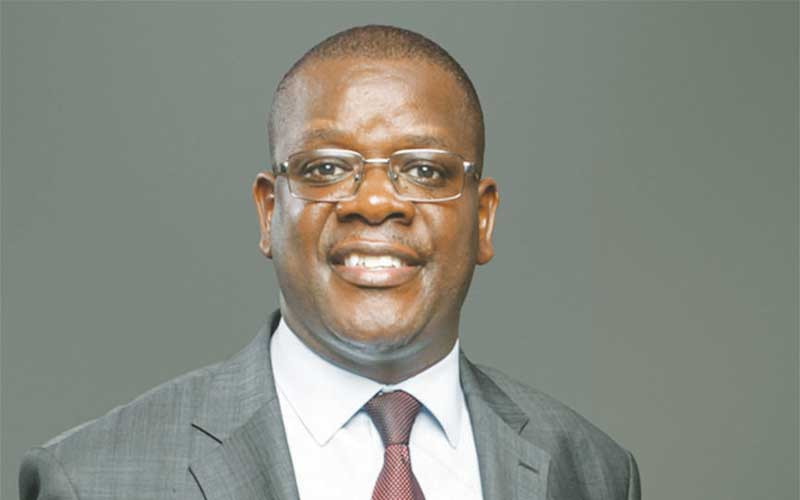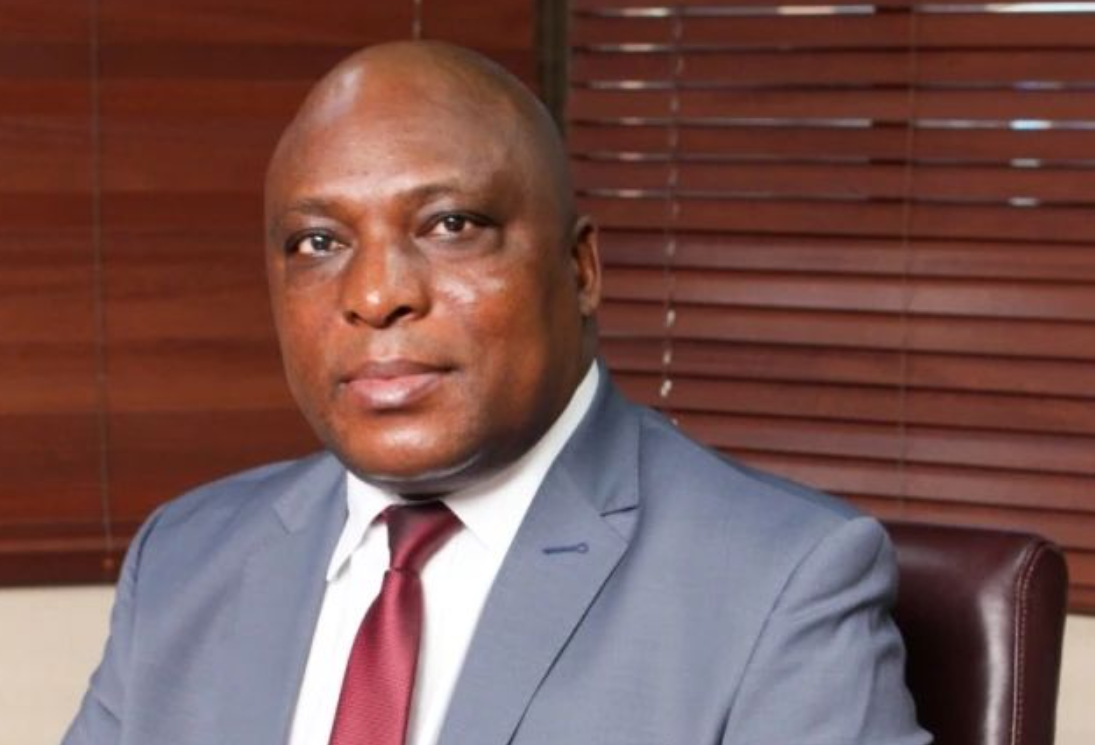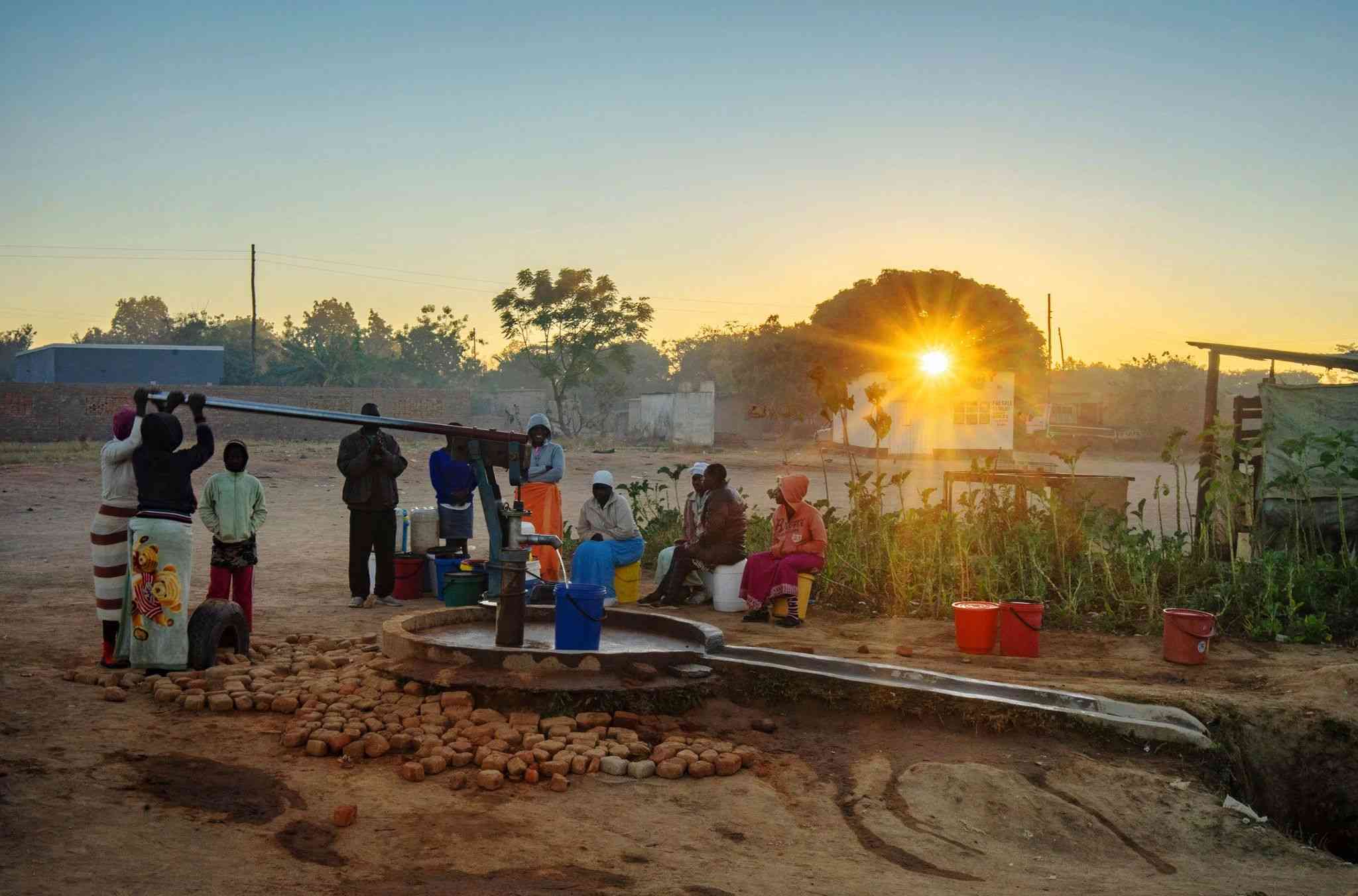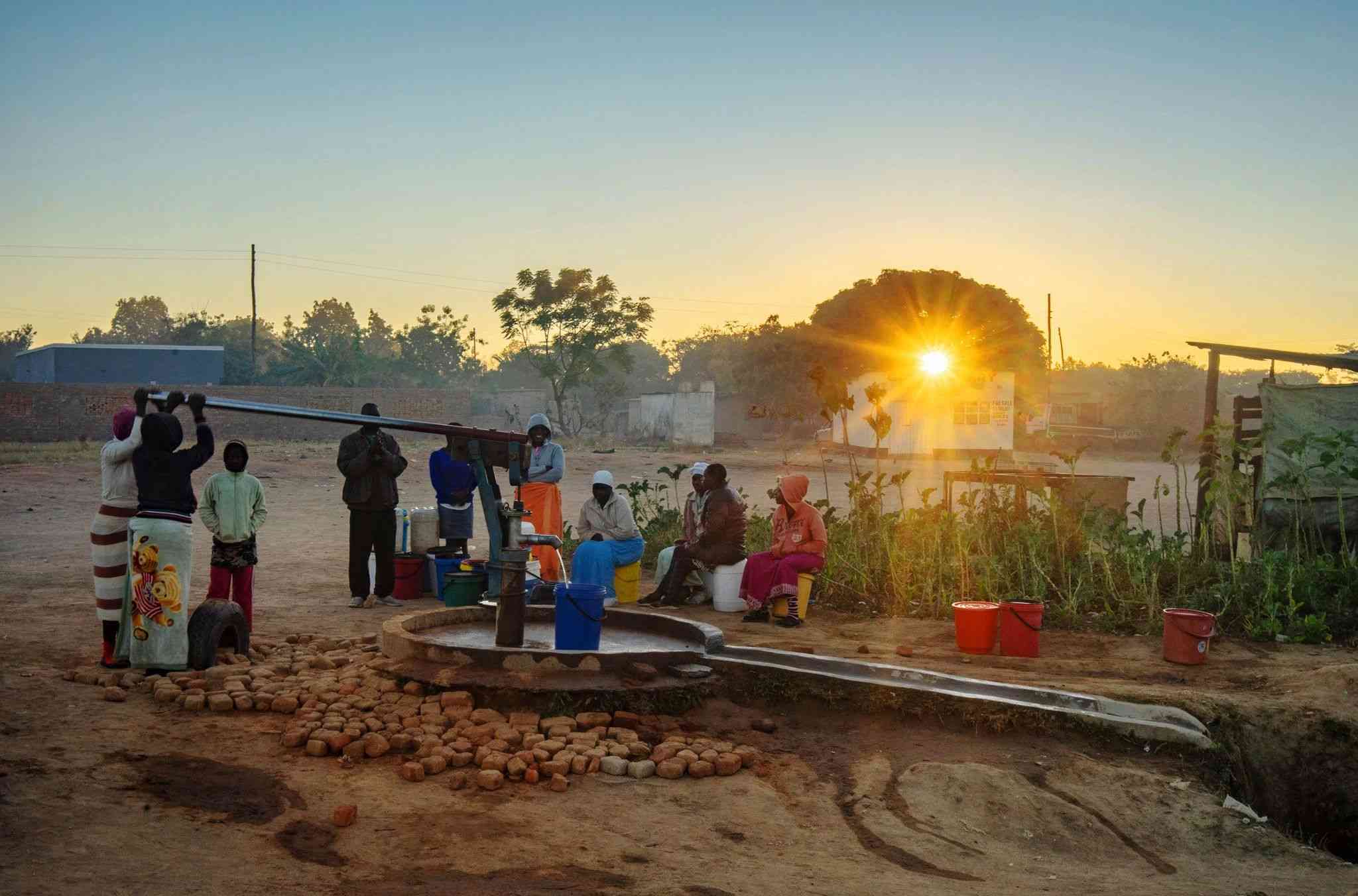
POWER outages have become a major challenge in Zimbabwe, with durations exceeding 12 hours a day. To understand the impact of this issue on businesses and industries, our reporter Tafadzwa Mhlanga (TM) interviewed Israel Murefu (IM), former president of the Employers Confederation of Zimbabwe (Emcoz), during an Emcoz workshop in Masvingo last week. The following excerpts are from their conversation:
TM: How has Zimbabwe Gold (ZiG) impacted the business sector, especially employers, since its introduction in April?
IM: I think the ZiG currency has generally been stable; it has been able to hold its value since it was introduced. There are only very small movements, if any, in terms of devaluing. Otherwise, it is stable and we expect that stability will be sustained. If it is sustained, I think it will solve a lot of problems around pricing, inflation, and also around interest rates.
TM: Have you been able to buy enough foreign currency from the banks using ZiG?
IM: Accessing foreign currency is where you have your domestic currency and you want to buy foreign currency from a bank. The supply of foreign currency needs to improve so that businesses that are looking for foreign currency can access that foreign currency.
TM: Then on borrowing, have businesses been able to borrow from the banks?
IM: In terms of borrowing, yes, although I think we need more foreign currency in the country. Banks can only lend the foreign currency that they have, which is limited. So, I do not think the supply of foreign currency is enough to satisfy all the business needs from a borrowing perspective. Even from a perspective where you have your local currency and you want to buy foreign currency, you do not have adequate foreign currency. So, I think we need to generate more foreign currency by exporting more. If we export more, we should be able to generate more foreign currency. We also get some foreign currency from remittances by people who are in the diaspora. But I think that again is limited. We need to get more foreign currency from exports.
TM: What are your thoughts on the current interest rates on borrowing?
- So, is it a currency?
- Navigating Zim’s new monetary frontier: A profound analysis and real estate implications
- New RBZ boss talks tough
- Letter to my People: Exit Panonetsa, enter John II and the ZiGy Zag band
Keep Reading
IM: When you are borrowing, probably businesses feel that interest rates are still on the high side. This is because of the scarcity of foreign currency. It is a question of supply and demand. Even on the ZiG side, the ZiG currency is not readily available for businesses.
Businesses would want more ZiG currency to be in circulation because, if supply increases, then interest rates are likely to come down. But if the currencies are scarce, the liquidity is not adequate, interest rates could go up. At the moment, interest rates are around 20% and therefore I think those are fair interest rates if you compare with where they were above 100% or around 150% at some point.
So, I think that interest rates have come to a more realistic level.
TM: What are some of the issues that are affecting the business sector in general?
IM: The issue of foreign currency, the issue of interest rates, and the issue of availability of both currencies, that is affecting business.
Then there is the issue of taxes. The intermediated money transfer tax (IMTT) is considered to be very high because it is a transaction tax. It is not an income tax.
Businesses think that if they are already compliant with other forms of tax, then they should be able to get either a credit or an exemption from IMTT. They feel that it is increasing the cost of doing business. So, we think that probably the authorities must review the IMTT tax because it is contributing to the cost of doing business, which is on the high side. But as general prices had already gone up before we started realising the stability that I talked about.
TM: The country has been facing high-power outages. How has that impacted business?
IM: That has affected businesses in a significant way. Power outages make it very expensive for businesses to continue producing using alternative supplies of energy. We do not have adequate solar power, so people rely on generators. Generators are very expensive to run. So, the issue of adequate energy, and adequate electricity is an issue that must be addressed by the authorities on an agent basis.
If that does not happen, it means our productivity will go down, our capacity utilisation will go down and even the level of exports will also go down. Industries are powered by energy and we heavily rely on Zesa (Holdings) for our energy. We think that probably more independent power suppliers should be allowed to contribute to the national grid so that we have adequate power.
It is a thorn in the flesh now because of the amount of time that some companies are spending idle due to power cuts. So, we need a quick address to that.
TM: Any update on the Tripartite Negotiating Forum (TNF)?
IM: The TNF has a TNF Act, which was put in place in 2019. So, the architecture for a TNF is already there. I think what is now necessary is for the social partners to make some traction in terms of dealing with the issues that are still outstanding, particularly the issue of the social contract.
I think that is one of the biggest issues that needs to be addressed. If we address that, we think that it should be able to then assist us when it comes to wage determination, price determination, and bringing more stability into the economy, which is more sustainable.
Because everyone will have input and then everyone must commit to honouring their side of the social contract, if that happens, I think we will be on the right trajectory in terms of moving forward as a country, socially and economically.
TM: Several human resources issues were addressed throughout this workshop. What are some of the key takeaways from this workshop?
IM: I think some of the key takeaways were around issues of collective bargaining, and issues of industry to work hand-in-hand with the other social partners so that we achieve a common goal and dispute resolution. But I think the critical issue that we dealt with in this particular workshop was mainly around collective bargaining so that we have an effective collective bargaining mechanism in the country.











